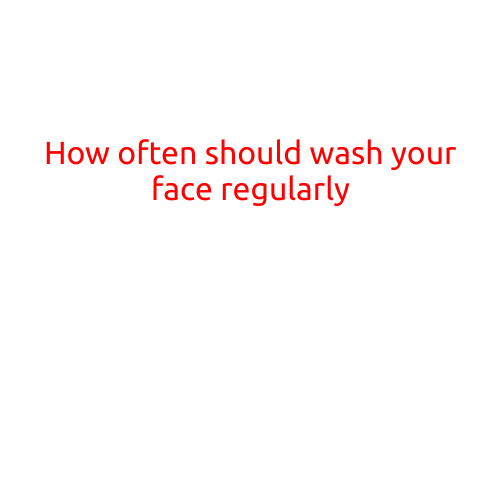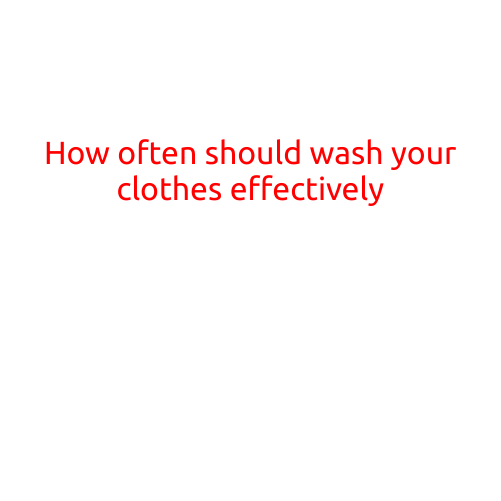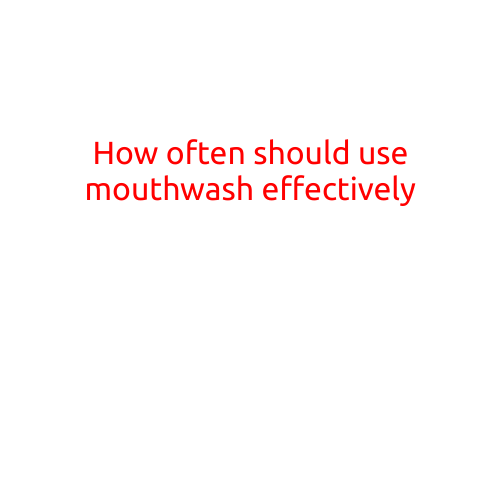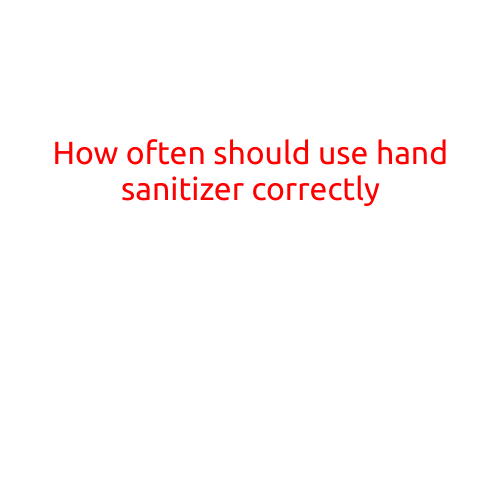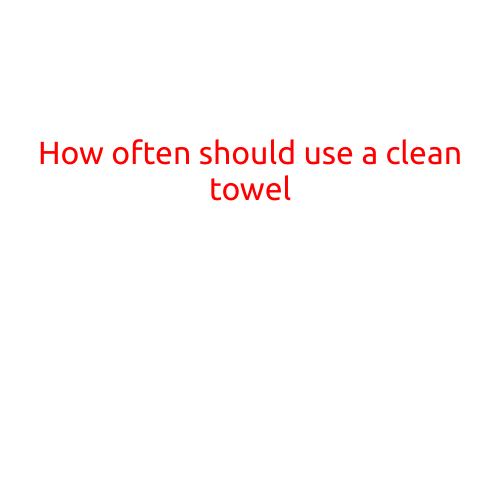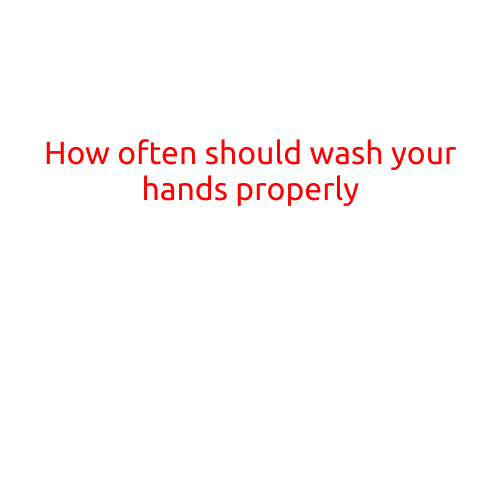
How Often Should You Wash Your Hands Properly?
Hand hygiene is one of the most effective ways to prevent the spread of illness and disease. Washing your hands regularly is essential, especially in today’s world where germs and viruses are ever-present. But how often should you wash your hands properly? In this article, we’ll dive into the importance of hand washing, the right techniques to use, and how often you should wash your hands to keep yourself and those around you healthy.
Why Hand Hygiene is Important
According to the World Health Organization (WHO), hand hygiene is the most effective way to prevent the spread of infection. Germs and viruses can spread through:
- Touching contaminated surfaces
- Sharing personal items
- Direct contact with an infected person
By washing your hands regularly, you can:
- Reduce the risk of getting sick
- Prevent the spread of illness
- Protect vulnerable individuals such as the elderly, young children, and those with compromised immune systems
How to Wash Your Hands Properly
To wash your hands effectively, follow these steps:
- Wet your hands with warm water
- Apply soap or hand sanitizer (if soap and water are not available)
- Lather the soap or apply the hand sanitizer evenly over both hands
- Rub your hands together to create friction and remove dirt, germs, and viruses
- Pay special attention to:
- Palms
- Backs of hands
- Between fingers
- Under nails
- Wrists
- Rinse thoroughly with warm water
- Dry your hands completely with a clean towel or air dryer
How Often Should You Wash Your Hands?
The frequency of hand washing depends on various factors such as:
- Individual risk factors (e.g., certain medical conditions, weakened immune system)
- Environmental factors (e.g., proximity to sick individuals, poor ventilation)
- Personal habits (e.g., touching contaminated surfaces, sharing personal items)
The following are general guidelines:
- Wash your hands:
- After using the bathroom or changing a diaper
- Before and after preparing food
- After blowing your nose, coughing or sneezing
- After touching animals or their waste
- After touching anything that may have come into contact with germs or viruses (e.g., public transportation, doorknobs, keyboards)
- Before and after caring for someone who is sick
- Use hand sanitizer when soap and water are not available
- Wash your hands at least once every hour, especially if you are working around food, caring for someone, or in a high-risk environment
Conclusion
Washing your hands properly and frequently is crucial in reducing the spread of illness and disease. By following the guidelines outlined in this article, you can maintain good hand hygiene and protect yourself and those around you. Remember, hand washing is a simple and effective way to keep yourself and your community healthy.
